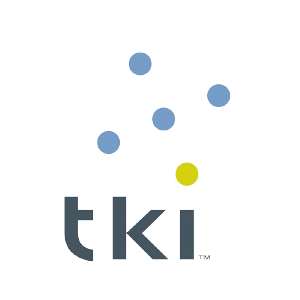HEAL CHICAGO VISION
Heal Chicago envisions a vibrant, safe and culturally diverse city where all residents are seen, heard and valued.
OUR MISSION
Heal Chicago’s mission is to address the impact of systemic racism and mistrust by equipping everyday citizens with the skills necessary to engage one another and foster meaningful connections that promote recovery and resilience. Heal Chicago is rooted in the belief that recovery happens in relationship and through the sharing of our stories, and that united communities are healthy communities.
HEAL CHICAGO PROGRAM
Heal Chicago Workshop: An emotional resiliency program (originally piloted at Heartland Alliance) that addresses participants feelings of stress, burnout, and isolation through the use of emotional intelligence training. Heal Chicago helps build the skills necessary to spot and change systemic and interpersonal bias that separates us, and prevents our great city from reaching its potential.
PARTICIPANTS WILL GAIN:
Understanding systems bias vs. interpersonal bias
Understanding how different types of interpersonal bias, including confirmation bias, manifest in personal and organizational processes
Tools to recognize, respond & prevent bias in all arenas of our lives
Ability to stay present in uncomfortable conversations
A process for de-personalizing conflict
Capacity to develop relationships and cultures of trust
Spotting bases & microaggressions that show up in communication
Allowing room for intent not judgement
Understanding our own communication and conflict styles
Tools for interrupting bias & repairing harm
PROGRAM COMPONENTS
1.
ACTIVE LISTENING
The first and foundational component of the Heal Chicago program is to learn the art of ‘Active Listening’. Different from conversational listening, Active Listening gives the speaker the experience of uninterrupted focus from someone who is not trying to fix, advise, manage or in any way affect outcome. That focus and attention allows individuals to feel heard, whole and complete.
2.
UNDERSTANDING PARADIGMS OF SELF
The second component of the program uses assessments such as the Myers-Briggs, Thomas Kilmann Conflict Mode and University of Pennsylvania’s Strengths Assessments to help participants understand their unique way of looking at and interacting in the world. When people begin to see themselves in these contexts, they can begin to dismantle the personalization of conflict that so often causes disconnection and extreme stress.
3.
IDENTIFYING PERSONAL & SOCIETAL STRESSORS
The third component examines burnout, stress and fear. We look at ways to identify the signs in ourselves and implement ways to care for ourselves with the resources we have.
4.
DEVELOPING TRUST
In the fourth component of the Heal Chicago program sufficient interpersonal trust is built so that we can explore how our stories shapes our reality. At this juncture we can begin to more deeply understand our personal biases and how they have shaped our worldview.
"Chicago has never had a moment where we all say, we’ve all gone through similar things, and we need healing. How can you have policy reform on top of trauma that goes back decades, if that trauma is never dealt with?"
—Che "Rhymefest" Smith







